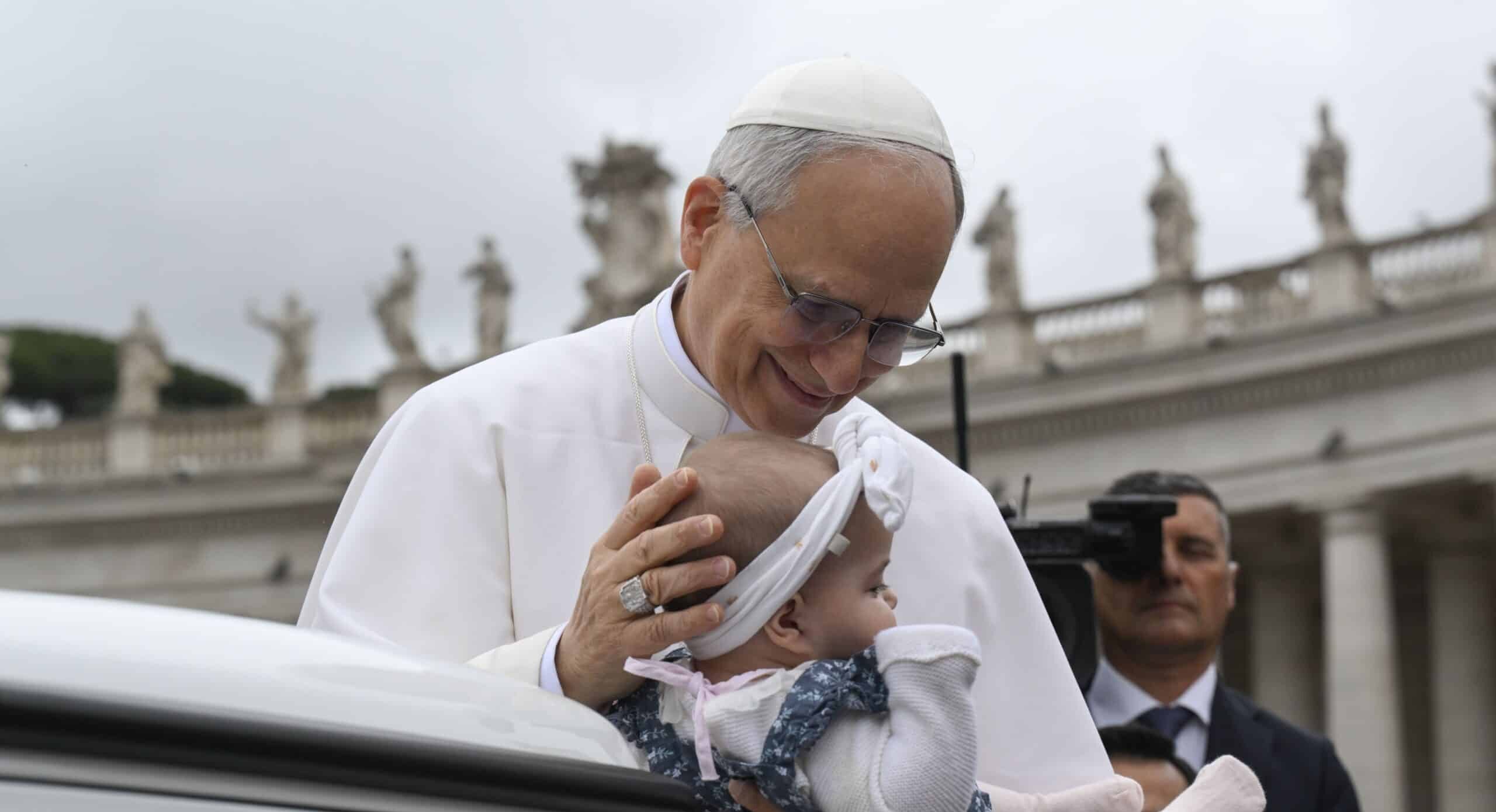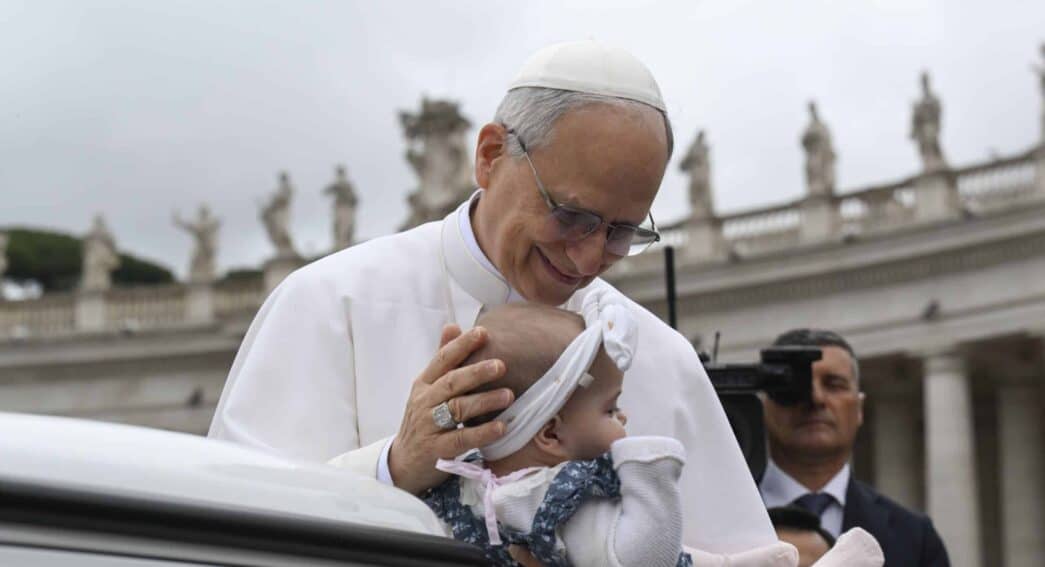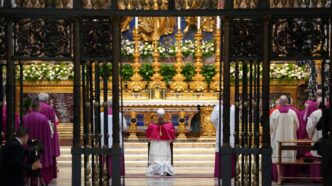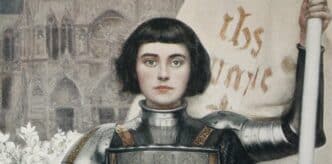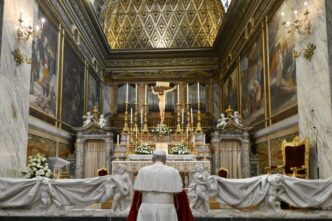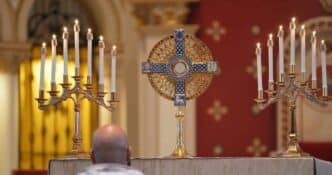This article first appeared in Our Sunday Visitor magazine. Subscribe to receive the monthly magazine here.
Eileen Sceski was in the midst of final exams when she realized that the new pope once belonged to the collegiate pro-life club that she leads today, Villanovans for Life.
On May 8, the day Pope Leo XIV was elected, the 21-year-old Villanova University student broke away from her studies to join friends for a “pope watch party” on campus. They gathered around a giant TV as Cardinal Robert F. Prevost was introduced to the world as Pope Leo XIV, the 267th leader of the Catholic Church and the first-ever American and Augustinian pope.
The Villanova crowd had extra cause for excitement: He was also one of them. Pope Leo XIV graduated from the Augustinian-run university in Pennsylvania in 1977 with a bachelor’s degree in mathematics.
“Everybody was jumping around,” Sceski, president of Villanovans for Life, said, adding that several people at the watch party knew the pope. “It was awesome.”
Following the election, a wealth of questionable information about Pope Leo XIV and his pro-life position entered the news cycle. But certain details are definite: He belonged to Villanovans for Life as a student, he attended the March for Life in Washington, D.C., and he has spoken previously about the sanctity of human life.
For Catholics, the question isn’t whether the pope is pro-life, but rather, his approach and tone. Church teaching, summarized in the Catechism of the Catholic Church, recognizes the inherent dignity and worth of the human person beginning at conception and condemns any “crime against human life,” such as abortion.
Marching for life
Pope Leo XIV was a member of Villanovans for Life, confirmed Sceski and Father Denis Wilde, an Augustinian priest who served as chaplain for VFL in the late ’70s and early ’80s. Sceski said that Father Robert Dodaro, an Augustinian priest, and Villanova nursing student Margaret Mary Filoromo founded the group in 1974, a year after the U.S. Supreme Court’s Roe v. Wade decision legalized abortion nationwide. Among other VFL events, Pope Leo XIV attended the March for Life, which began in response to Roe and regularly draws tens of thousands to the nation’s capital.
“I know he went on the March for Life with them and was probably involved in some other events,” Sceski said, adding that he participated in the annual march more than once.
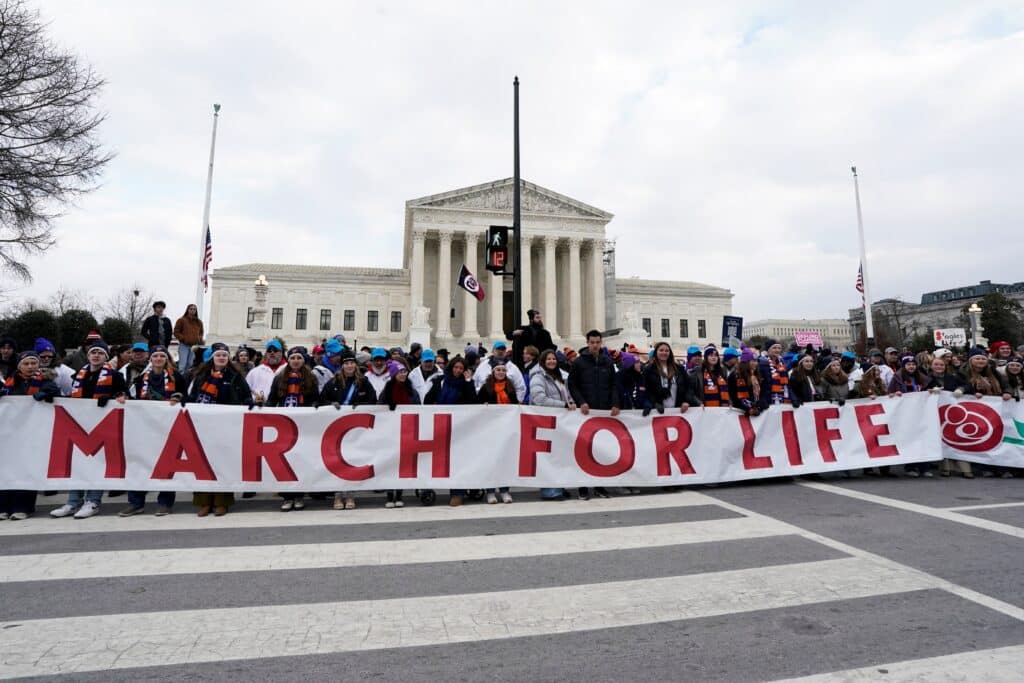
The current president of the March for Life, Jennie Bradley Lichter, a Catholic, expressed excitement that the pope attended the march as a student.
“What a joy to know that our new Holy Father is among the millions who have Marched for Life in Washington, D.C.,” she responded in emailed comments. “I’m grateful for Pope Leo XIV’s lifelong, proactive commitment to the dignity of every human person and look forward to his clear moral leadership on this most foundational issue.”
A holistic approach
As St. Peter’s successor, Pope Leo XIV is already signaling a holistic pro-life approach — an eagerness to protect life at all stages and against a variety of challenges. During a May 16 audience, he recognized the unborn and other vulnerable peoples.
“(N)o one is exempted from striving to ensure respect for the dignity of every person, especially the most frail and vulnerable, from the unborn to the elderly, from the sick to the unemployed, citizens and immigrants alike,” he said.
In a May 10 address to the College of Cardinals, the pontiff spoke of human dignity in relation to artificial intelligence. He said he took the name Leo XIV in part because the last Pope Leo “addressed the social question in the context of the first great industrial revolution.”
“In our own day,” he said, “the Church offers to everyone the treasury of her social teaching in response to another industrial revolution and to developments in the field of artificial intelligence that pose new challenges for the defense of human dignity, justice and labor.”
A look back
Before Pope Leo XIV’s election, an X social media account under his name reposted several pro-life stories, including ones condemning abortion. The same account, in 2015, called for an end to the death penalty and encouraged people to “defend human life at all times” during a pro-life march in Chiclayo, Peru, where Pope Leo XIV served as bishop.
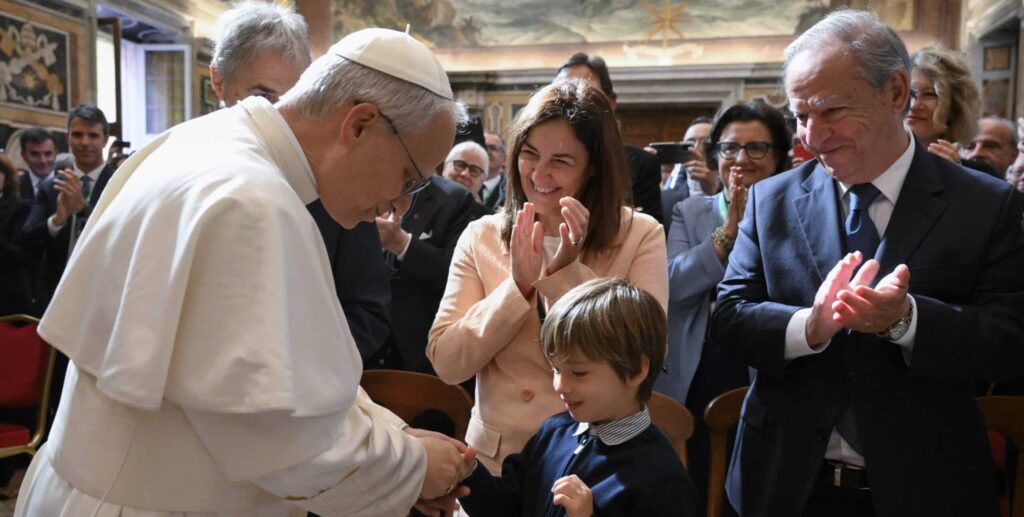
As prior general of the Augustinians, during a 2012 address to the world Synod of Bishops on the New Evangelization, then-Father Prevost cautioned that “Western mass media is extraordinarily effective in fostering within the general public enormous sympathy for beliefs and practices that are at odds with the Gospel” and provided abortion and euthanasia as examples.
While speaking about immigration at St. Jude Catholic Church in New Lenox, Illinois, in 2024, then-Cardinal Prevost said, “Every one of us, whether we were born in the United States of America or on the North Pole, we all are given a gift of being created in the image and likeness of God.”
A ‘mission of life and love’
Like the pope, Villanovans for Life practices a holistic approach to being pro-life. Cristina D’Averso-Collins, director of the Office of Family Life for the Diocese of Metuchen in New Jersey, belonged to VFL before graduating from Villanova in 2011. The “overall focus of the group was protecting life from conception until natural death,” she explained, with a concentration on protecting the unborn.
Today, the group has around 50 members, most of whom are Catholic, including Sceski, who is majoring in humanities and minoring in music and theology. She said VFL continues to attend the March for Life, in addition to other major pro-life events. They hold weekly meetings, go to talks, pray outside abortion clinics, organize service projects and inform fellow students by staffing information tables on campus. They remain on call for the Sisters of Life, a community of religious women dedicated to the sanctity of life, and help them with everything from babysitting to giving rides to mothers in need.
“Whether or not we had famous people in our group,” Sceski concluded, “the mission of life and love is still the same — and we still have to carry that out.”

